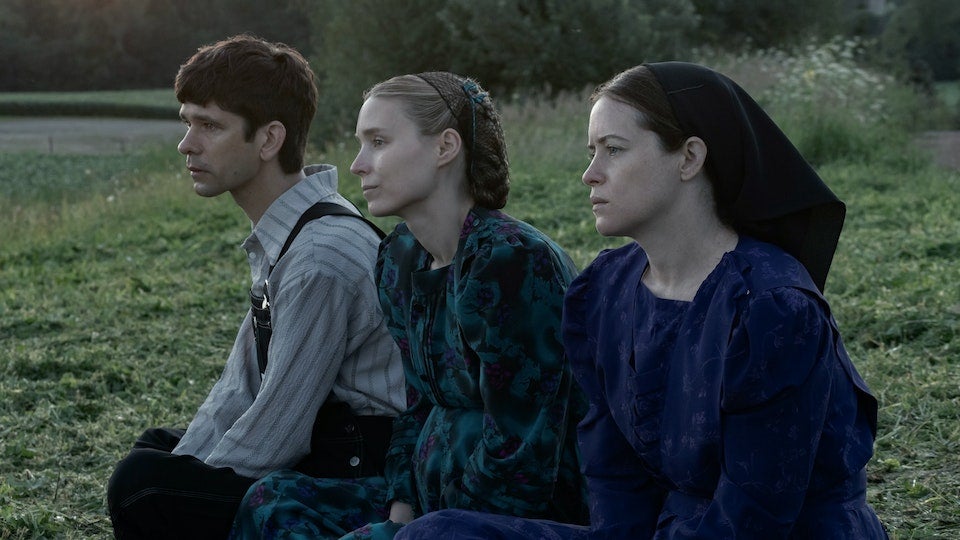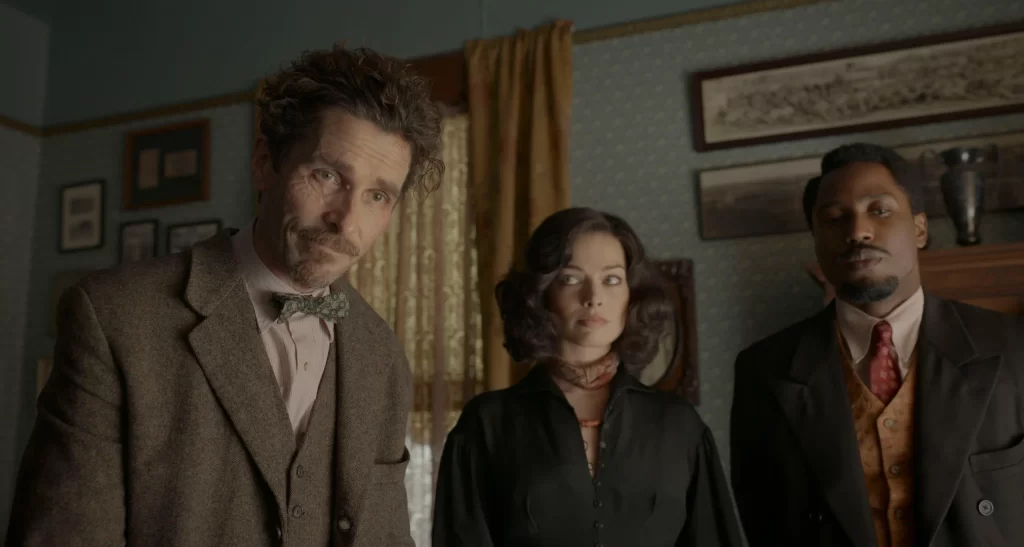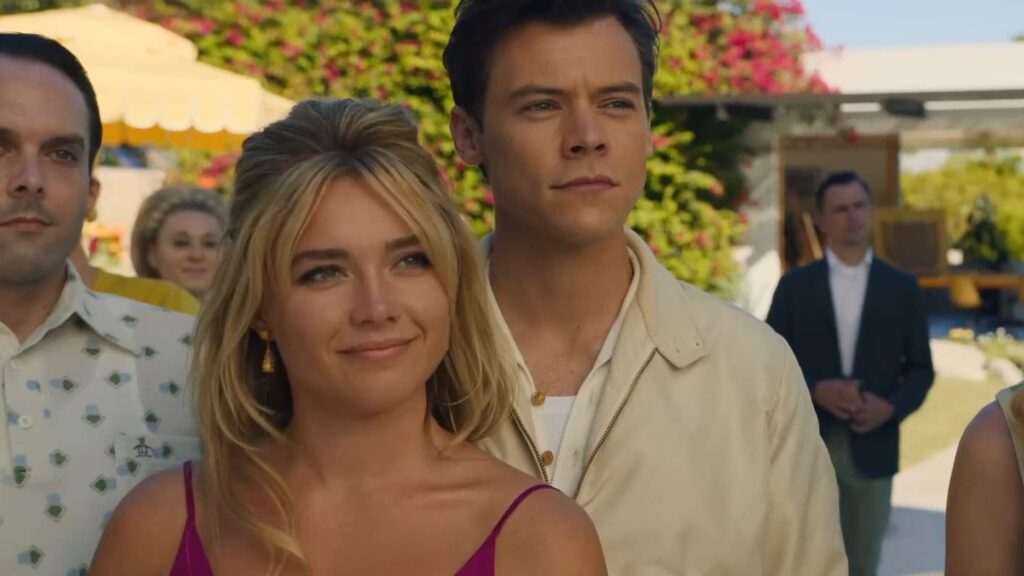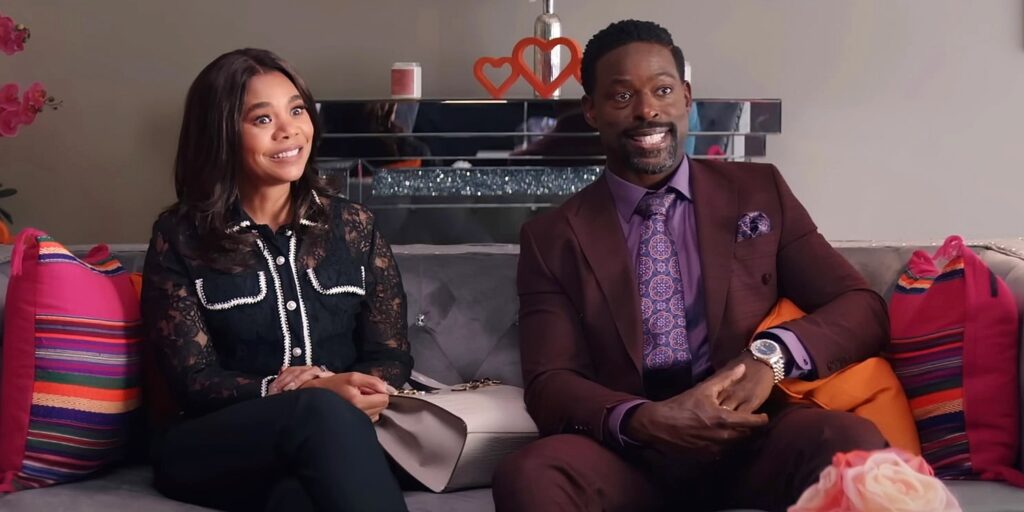Women Talking: Hide and Speak

If you think the title of Women Talking is bluntly descriptive, wait until you hear the perspective of Neitje (Liv McNeil). Fifteen years old and perpetually frustrated, she takes stock of the surrounding proceedings—a nonstop parade of feminine discourse and verbiage—and groans, “This is so boring!” It’s a wry meta moment that also (ahem) speaks to the unenviable difficulties facing Sarah Polley, the gifted and empathetic director who has chosen, for her first feature in a decade, to adapt the popular novel by Miriam Toews. That title is no lie; this is a dialogue-driven movie with limited action (the catalyzing incidents occur offscreen) and minimal plot. The challenge for Polley, who also wrote the screenplay with Toews, is to invest what’s primarily a verbal exercise with cinematic verve and dramatic urgency.
If she doesn’t exactly succeed, she has at least answered Neitje’s complaint with guile and skill. Women Talking is hardly kinetic, but it’s paced briskly enough to stave off accusations of sluggishness. If anything, some of Polley’s editing techniques—rather than deploying typical flashbacks, she frequently inserts random, lightning-quick cuts to prior brutalities (blood smeared on walls, bruises dotting legs)—are too abrasive to be boring. These moments tend to be more distracting than disquieting, and they don’t so much jolt the story to life as disrupt its fluid rhythms. Still, Polley evades point-and-shoot banality, and some of the film’s artistic choices—the desaturated color scheme that looks like the camera is fighting through a scrim, the rippling guitar-plucked score from Hildur Guðnadóttir, the ominous overhead shot of wagons pushing past onlookers in white straw hats—lend double meaning to an early title card that reads, “What follows is an act of female imagination.” Read More




